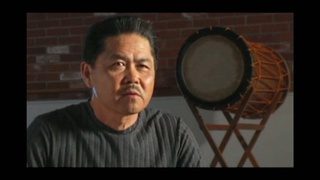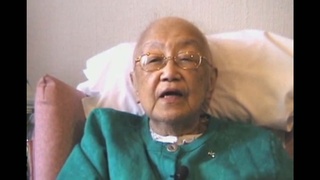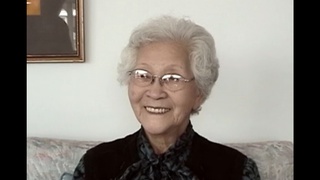Interviews
Family interrelations between mother and father
And as a matter of fact, there had been interrelationship, in-law relationship, between my mother’s family and my father’s family prior to my father and mother getting married. Because my mother’s uncle, the mayor, married my father’s older sister. So that when the families decided that it was time for my father to get married, he was already in Seattle. And, well, I guess he had lived in Seattle for about seven years. And then the family decided it’s time for him to get married. They looked into my mother’s family for an available mate and picked my mother. So my mother came over as a picture bride. But, as I say, the families were already interrelated. And there’s a tendency in Japan to do that because in-law relationships entail a lot of duties and obligations, so that if you create too many of them, it becomes a burden. So there’s a tendency to reinforce ties that are already there.
Date: January 7, 2004
Location: California, US
Interviewer: Art Hansen
Contributed by: Watase Media Arts Center, Japanese American National Museum.












